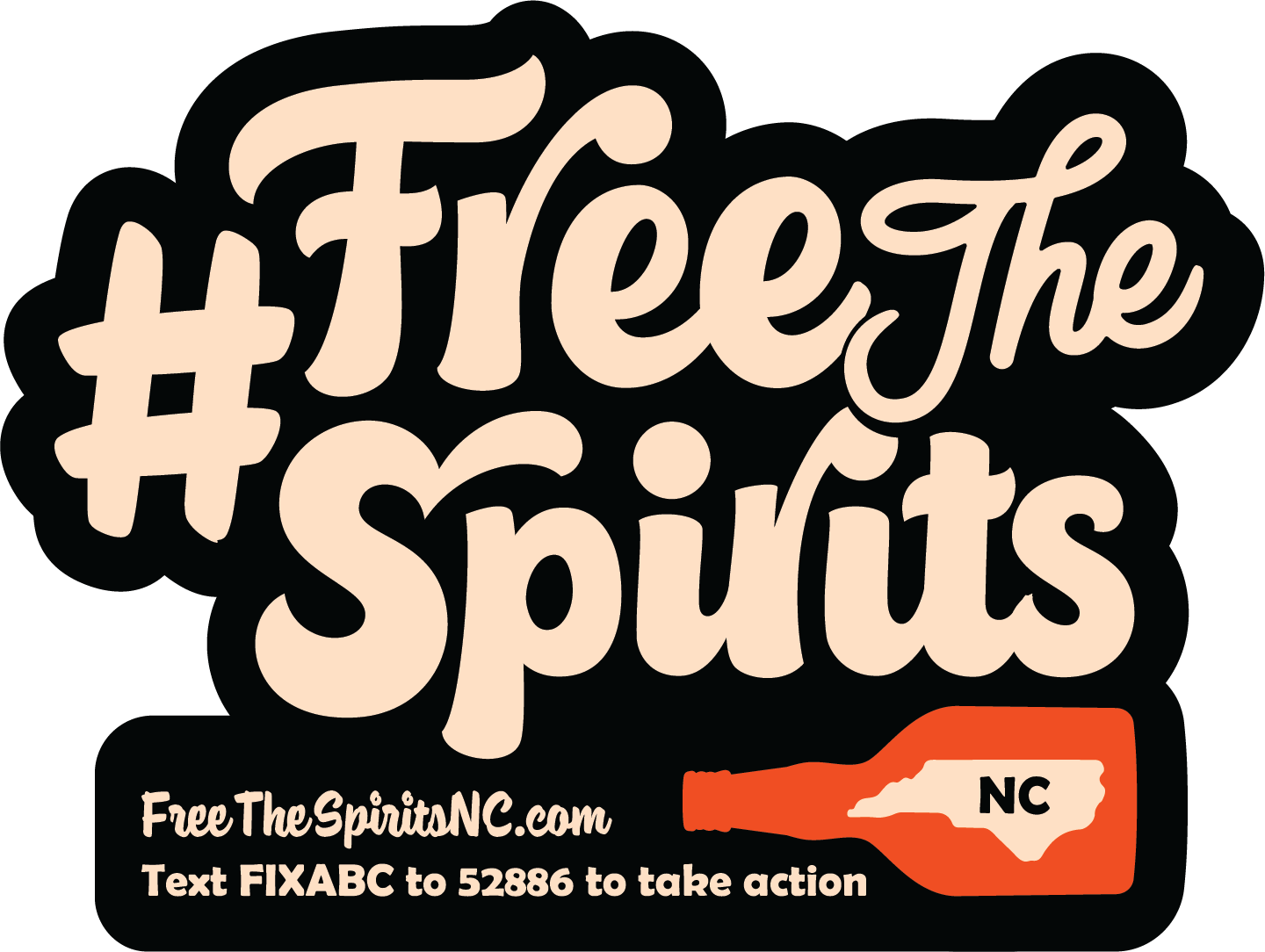Bob has a bumper crop of North Carolina sweet potatoes. How can he get them to a consumer? Bob’s got a lot of options.
Maybe Bob knows some local grocers and restauranteurs who’ll sell his produce. He could contract with food handlers to deliver his sweet potatoes to other grocers. He might set up a stand at a local farmer’s market. He could set up his own roadside stand. Wherever he is, Bob can offer samples to prospective buyers. Bob could even become a member of the N.C. Department of Agriculture & Consumer Service’s “Got to Be NC” program, where his sweet potatoes could be listed and accessible to any consumer, grocer, or restaurant looking to showcase North Carolina products.1
Amber has a batch of North Carolina rum. How can she get them to a consumer? Amber faces a lot of roadblocks.
First, she has to get product recognized by the North Carolina Alcoholic Beverage Control (ABC) Commission. Then she has to persuade commissioners to think her rum will meet their profit threshold, so that they will put it on their official list of approved products. If it’s not listed, ABC stores can’t sell it. Once it’s listed, she has to contact each of the 433 ABC stores to urge the managers to carry her product.
Amber can’t sell her rum at farmers’ markets or fairs. She can’t sell bottles or even drinks away from her distillery. She can’t even hold tastings of her rum at ABC stores. She can’t distribute any of her products herself. If someone visits her distillery, Amber may offer a very limited amount of tastings and sell a limited number of bottles per visitor per year. But she still can’t serve drinks or cocktails to her visitors.
Continue reading...